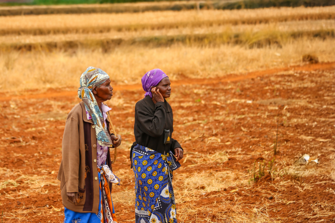#Çözümlerimiz
Veri + Ticari Alacak Sigortası: Kazanan Bir Kombinasyon – Global Müşterimizin Deneyimi
Küresel ticaretin karmaşıklığıyla karşı karşıya kalan tarım sektörü: Ticari alacak sigortası ve bilgi hizmetlerinde Coface’ın kapsamlı çözümlerini bir araya getirerek ticari risk yönetimini yeniden tanımlayan önde gelen bir Amerikan tarım gıda kooperatifinin deneyimine yakından bakın. Sonuç mu? Ticari kararlar artık 15 dakikadan kısa sürede alınıyor! İşte kazanan stratejinin analizi.







